In his address to the 80th United Nations General Assembly, President Donald Trump delivered a blistering critique of the United Nations, accusing it of failing to take meaningful action and producing “empty words.” He declared that the U.N. often creates new problems instead of solving existing ones. Trump asked a pointed question: “What is the purpose of the United Nations?” and asserted that despite its tremendous potential, it currently falls well short of expectations.
Attacks on Migration, Europe, Climate, and Multilateralism
Trump’s address extended beyond the U.N. itself. He sharply criticized Europe’s immigration policies, warning that countries were being overrun by illegal migration and that this crisis would “destroy your heritage.” He contrasted this with his own push for secure borders and stronger sovereignty.

On climate change, he dismissed global initiatives as a con job, saying that many predictions are wrong and that green energy policies cause economic harm. He mocked wind turbines and questioned the value of pursuing aggressive climate goals.
Multilaterally, Trump decried what he called a “globalist migration agenda,” arguing that the U.N. and global institutions often push policies that undermine national autonomy. He urged leaders to reject what he sees as ineffective international institutions and instead prioritize national interest and sovereignty.
Criticism with Conditional U.S. Support
Despite his harsh words, Trump reassured U.N. Secretary-General António Guterres that the United States still supports the institution though conditionally. He framed his criticism as a call for reform, not abolition. This dual stance reflects a tension: the U.S. remains bound by responsibilities and contributions to the U.N., but Trump wants that engagement recalibrated.
The U.N., meanwhile, responded by noting its limitations especially its dependence on member states and the Security Council. Secretary-General Guterres and other officials pointed out that the U.N. can mediate, propose, and coordinate, but lacks enforcement authority unless backed by states.
Symbolic Moments on Technical Mishaps and Broader Messaging
Trump also used mechanical failures during his walk to the podium an escalator that stalled and a malfunctioning teleprompter as metaphors for institutional dysfunction. He mocked these moments as evidence of the U.N.’s inefficiency. Later reports clarified that the U.S. delegation was involved in the teleprompter issue and that a videographer triggered the escalator’s safety mechanism.
Though dramatic, these stunts served a rhetorical purpose: they underscored his narrative that the world body is outdated, underperforming, and in need of accountability.
What to Expect From Reform and Retrenchment?
Moving forward, the question is whether Trump’s confrontation with global institutions will spur serious reform or usher in deeper disengagement. Will the U.N. adjust governance, enhance accountability, or adapt to this rebuke? Or will the U.S. increasingly bypass multilateral channels in favor of unilateral or bilateral diplomacy?
At stake are major challenges climate, pandemics, conflict zones, migration that require global cooperation. If the U.S. steps back too far, gaps may appear, and other powers may fill the void. The speech was incendiary, but its long-term effects depend on actions that follow.


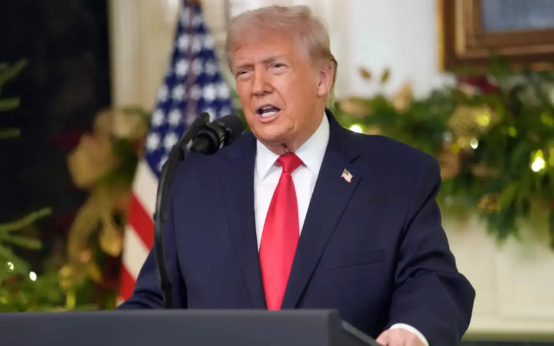 Trump Administration Approves Largest-Ever Arms Sale to Taiwan
Trump Administration Approves Largest-Ever Arms Sale to Taiwan 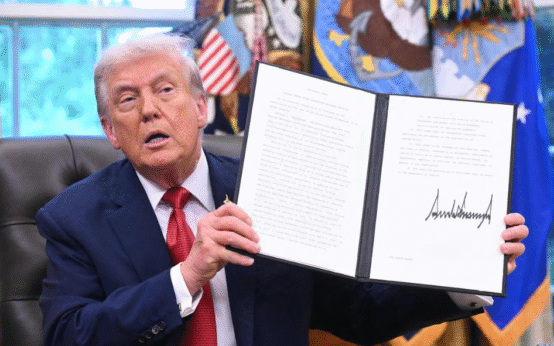 Trump Vows to Protect Qatar After Hamas Strike
Trump Vows to Protect Qatar After Hamas Strike 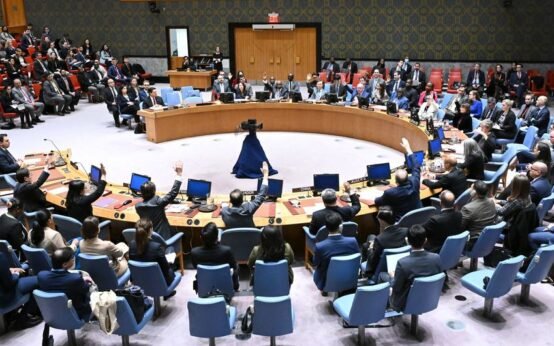 US vetoes UN Security Council resolution on Gaza ceasefire
US vetoes UN Security Council resolution on Gaza ceasefire 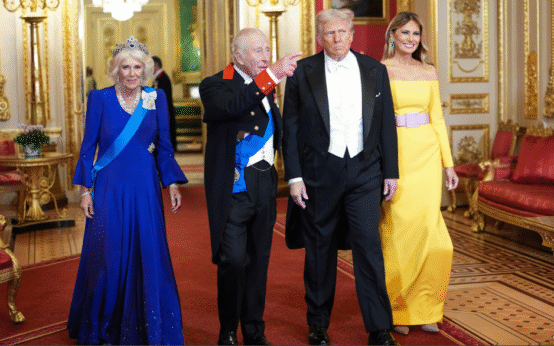 Trump Leaves Britain After Historic UK State Visit
Trump Leaves Britain After Historic UK State Visit 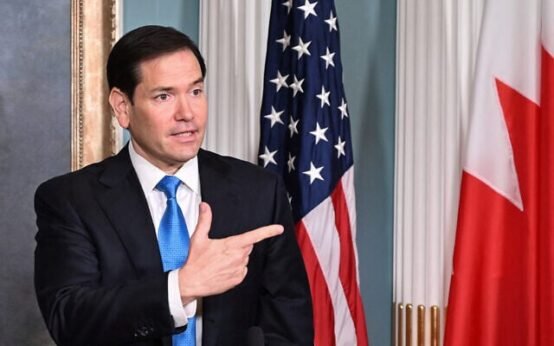 U.S. Warns Nations Recognizing Palestine Will Escalate Issues
U.S. Warns Nations Recognizing Palestine Will Escalate Issues 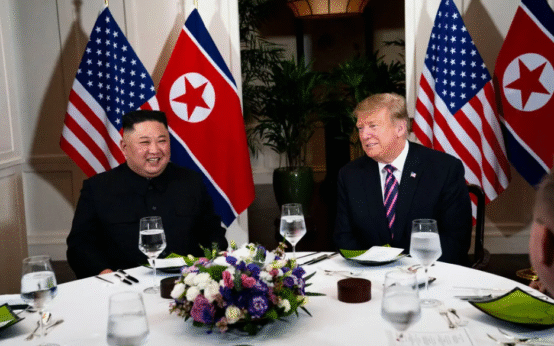 Donald Trump Expresses Willingness to Meet Kim Jong-un in 2025
Donald Trump Expresses Willingness to Meet Kim Jong-un in 2025